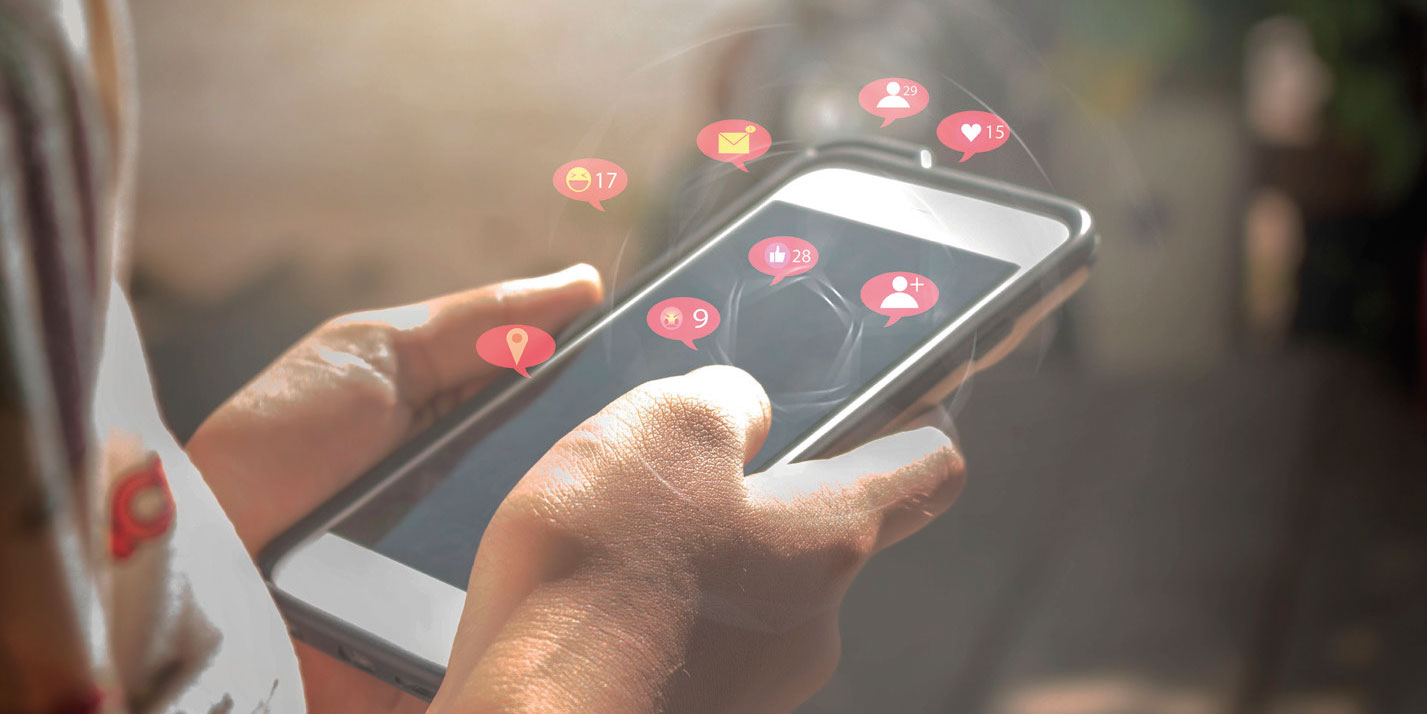“Keep social media profiles online forever”

New YouGov research reveals that while 7% of Britons would like their social media profiles to remain online after they die, public opinion is split on what they would like to happen to their social media data.
One in four (26%) Brits want their social media profiles to be deleted from the internet, but the content immediately passed on to their friends and family after they pass away. Another one in four (25%) would prefer their profiles to be deleted immediately after they die, without saving the contents.
Brits aged over 65 were most likely to want their profiles completely deleted at 34%, compared to just 17% of 18 to 24 year olds.
More than half of Brits (53%) said they would give their family members their smartphone passwords before they died, while a fifth (23%) would keep their passwords to themselves. Brits are less keen to hand over passwords to their hard drives and other data storages (44%), however half would give the passwords to their PCs and laptops to their family before they die (58%).
A third of 18 to 24 year olds would take their smartphone passwords to the grave (36%) while only 16% of over 65s say they wouldn’t share their passwords.
Commenting on the research Connor Ibbetston, Research Manager at YouGov, said: “Most people make arrangements for what will happen to their home and savings after they die, however the issue becomes more complicated when it comes to social media and other digital data. Public opinion is pretty evenly split between deleting your profiles entirely, or deleting your profile but passing the data to your family.
“What is interesting, however, is the 7% who would like their profiles to remain online forever, something Facebook already allows people to do by turning a profile into a memorial page.”
Keeping in touch
People are using messaging and social media to stay in touch with the deceased, but the practice of contacting the dead via technology is nothing new.
In the 1800s, spook photography was popular, with ‘ghosts’ of the dead appearing in images. In the mid-19th century, séances and ‘table rapping’ were inspired by the invention of the telegraph.
These days, our digital presence lives on even after we’ve died so it’s not surprising that grief-stricken friends or family members regard phone numbers or social media pages as a means of staying close to those they miss.
In the small town of Otsuchi in northern Japan, 2,000 residents were lost in the tsunami in 2011.
Before the tsunami, one resident had lost his cousin to illness. He struck upon the idea of placing an old phone booth at the bottom of his garden with a disconnected rotary phone. There he would ring his deceased cousin’s number and his words would “be carried on the wind” as he spoke to him.
After the tsunami, word about the wind phone spread and now many more people have visited Otsuchi to call those they have lost.
Tags: Facebook, research, smartphone, social media, YouGov